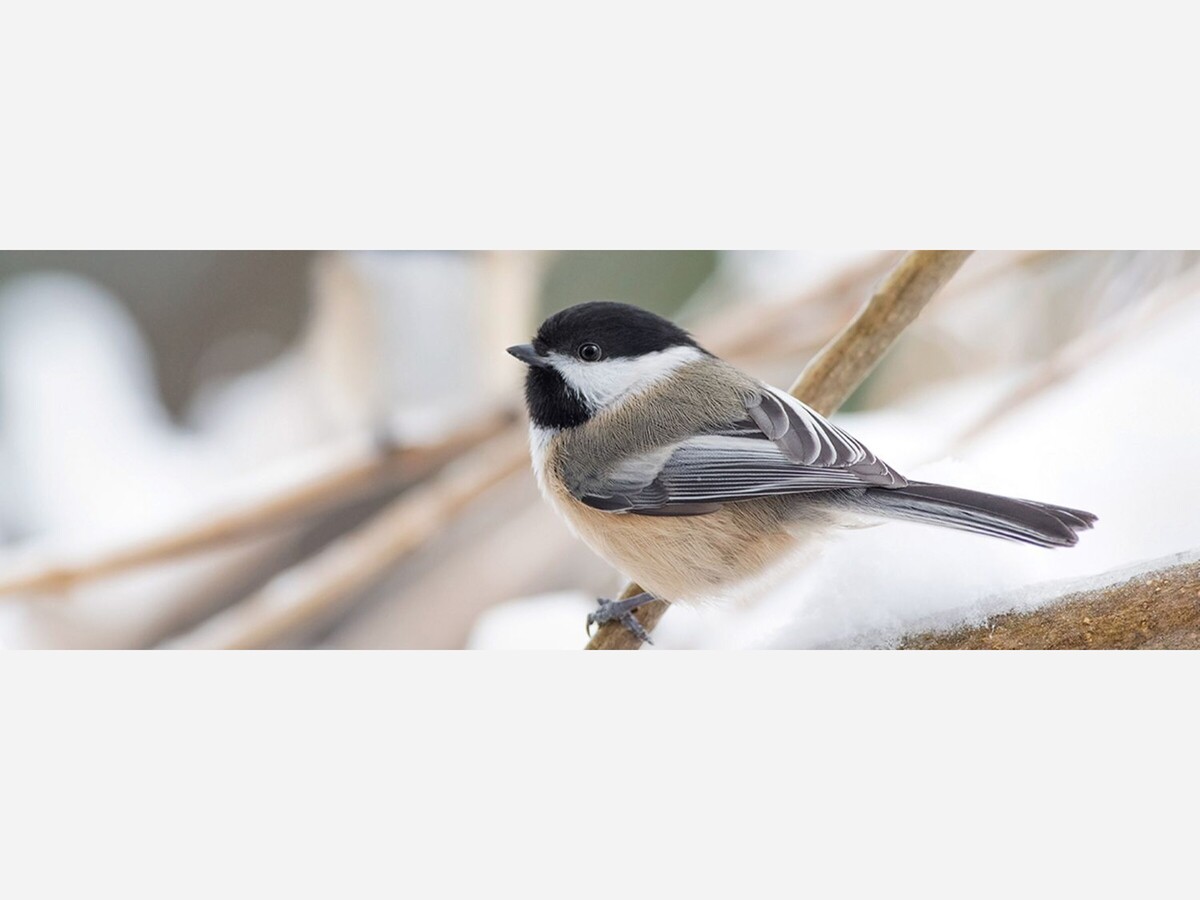Image

Uncover nature’s secrets from your own backyard
From observing wildlife to identifying plants, community science offers options for all
 Marcia Watson of Bowie, Md., participates in the National Audubon Society's 117th annual Christmas Bird Count in Anne Arundel County, Md., on Dec. 18, 2016. (Image by Will Parson/Chesapeake Bay Program)
Marcia Watson of Bowie, Md., participates in the National Audubon Society's 117th annual Christmas Bird Count in Anne Arundel County, Md., on Dec. 18, 2016. (Image by Will Parson/Chesapeake Bay Program)Your own backyard holds secrets just waiting to be discovered. Check out 10 ways to observe nature in your own community while helping the world’s scientists and researchers better understand our connected ecosystem.
Chesapeake Monitoring Cooperative (CMC): The CMC works with organizations and individuals throughout the watershed that collect water quality and benthic macroinvertebrate data through monitoring. The information is used for educational purposes, to inform ecosystem health report cards, and even integrated into Chesapeake Bay Program datasets to inform policy and decision-making. Apply on the CMC website, which also features many different resources for you to get started monitoring your local waterways and the critters that live within them.
Chesapeake Bay SAV Watchers: Submerged aquatic vegetation—or SAV—are underwater grasses that provide an essential role in the ecosystem of the Chesapeake Bay. Every year, researchers from the Virginia Institute of Marine Science map the abundance of SAV in the Bay and its tidal tributaries. As a volunteer, you can help track the growth of grasses in your local waters through the SAV Watchers program. This data will provide researchers with a better idea of the types and location of SAV throughout the Bay.
Clean Swell: Keep your community waterways clean by collecting trash and entering it into the Ocean Conservancy’s global ocean trash database. The data helps take a world-wide snapshot of ocean trash, providing researchers and policymakers with insight to inform solutions.
eBird: Be a part of the largest biodiversity-related community science project in the world by simply watching the birds. By collecting information about bird distribution, abundance, habitat use and trends, eBird helps inform research worldwide. Check out their website to get started, which also features a wealth of information about bird species and where they can be found. Learn how to start recording your birding observations on their website.
FrogWatch: Volunteers are needed to record the calls of frogs and toads in their communities. As both predator and prey, amphibians play an important role to the wetland ecosystems they call home. And in turn, those healthy wetlands provide critical habitat for plant and animals species, and trap polluted runoff, slowing the flow of nutrients, sediments and toxic contaminants into rivers, streams and the Chesapeake Bay. Data collected from Frogwatch volunteers is used to help inform the development of environmental protection and amphibian conservation strategies. Visit their website to register for an online training session and get started.
iNaturalist: Connect with an online community of scientists and naturalists that will help you identify the plants and animals in your community. Record and share your observations, which help experts better understand and protect our ecosystems. The website also features guides to help you learn more about biodiversity around the world.
ISeeChange: Wondering how you can help combat climate change at home? Post online at the ISeeChange global almanac about the weather you observe in your backyard. Each post is synced with weather and climate data to investigate bigger picture climate trends. The project is a collaboration with the National Aeronautics and Space Agency, who use the data to supplement information collected from earth observation satellites—the impact of weather and climate in our daily lives.
Pl@ntNet: Download the Pl@ntNet app and begin snapping photos of the flora in your backyard. This educational and research-oriented initiative will not only help identify the species you see but will upload the data to help researchers around the world who are studying plant biodiversity. You can also upload photos through their website.
Pollen Nation: While many of us abhor pollen for its contributions to seasonal allergies, it is necessary for plants to produce seeds, contributing to the food we eat. Pollen Nation helps scientists track trends in pollen production and conditions, helping to determine when it may be better for allergy suffers to stay indoors. All you need to do is follow the simple experiment on the website and submit your findings.
Project Squirrel: Become a squirrel monitor by counting the number you are seeing around your neighborhood. Report your findings to help scientists better understand the ecology of squirrels, including how the environmental conditions of your community impact their presence or absence, and which species you are seeing. Visit their website to learn more and sign up.
Water Reporter: Observe the waterways in your local community and share that information in Water Reporter. Your data on trash dumps, fish kills or other actions harming local rivers and streams are reported to watershed professionals and help inform where to place monitoring sites, schedule trash clean-ups and plant streamside buffers.